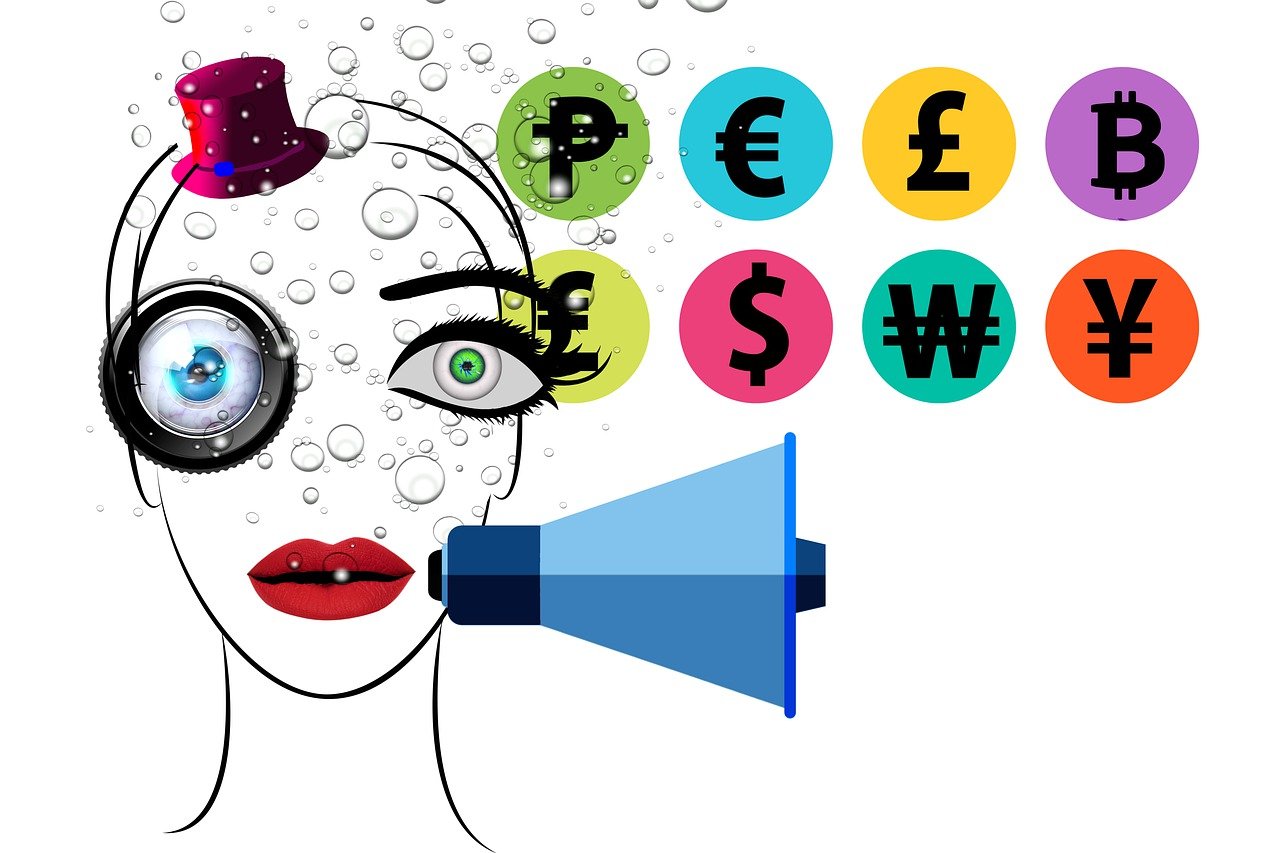
A recent study conducted by the UK Intellectual Property Office (UKIPO) has shed light on the significant influence social media influencers have on consumers, not least when it comes to purchasing counterfeit products.
The findings of the study has revealed a striking gender disparity.
It found that 24% of males between the ages of 16 and 60 in the UK were prompted to buy counterfeit goods as a direct consequence of endorsements of so-called “influencers” using social media.
This percentage was more than double the corresponding figure for females in the same age range, which was found to be 10%.
The data revealed further alarming statistics. For example, the study showed that 35% of males in the same 16 to 60 age bracket knowingly purchased counterfeit products.
In other words, over a third of males knew the products were counterfeit but yet they were still happy to purchase them.
It was found that a substantial 60% of these male buyers fell within the 16 to 33 age group.
This again demonstrates a twofold increase compared to females intentionally purchasing counterfeit products, as revealed in the UKIPO study from 2021.
The research shows unequivocally that social media influencers play a pivotal role when it comes to shaping the intention of purchasers who follow them on social media and that when encouraged to buy counterfeit goods, many consumers are more than happy to do so.
The power of social media influencers in swaying consumer behaviour is now well-established, with numerous studies highlighting the impact of endorsements on product and brand preferences.
According to The Social Shepherd, it is claimed that a staggering “69%” of consumers trust product recommendations from influencers and many go on to make purchases as a result of those recommendations.
Of course, many influencers are paid by brand owners to promote their products, but the concern here lies in counterfeit products and their promotion through social media. The purchase by consumers of these products is very damaging to brand owners.
Whilst many influencers promote genuine branded products, not all of them do. Some influencers, either knowingly or unknowingly, endorse counterfeit products.
In the cases of social media influencers knowingly promoting counterfeit products, the big question that arises is why they do so. The answer, is that they are most likely paid by the counterfeiter to promote and receive either a royalty on sales generated, or free products, or both.
This raises serious questions as to the motives of influencers and the reach of counterfeiters to exploit new commercial avenues, which would appear to be lucrative.
In light of these findings, there are various recommendations to address the growing issue. Counterfeiting has always been the bane of brand owner businesses, but it is becoming ever more sophisticated and now marketed in a way that to some extent shields the counterfeiter from the direct consumer.
The key recommendation is consumer (and influencer) education. It is clear that some consumers are being tricked by influencers into buying counterfeit goods and so consumers need to become more astute in their purchasing decisions and to be able to recognise the distinction between genuine branded products in comparison to counterfeit products and alternatives (“dupes”) that are commonly found online.
There is often confusion among consumers regarding the terminology and education can play a crucial role in raising awareness.
A counterfeit product is a product that pretends to be the same product carrying a brand name (and this is almost always a high end brand name) but sold at a much lower price.
A “dupe”, on the other hand, is a product that is marketed as an alternative version of a high-end branded product and with the same or similar qualities, but again at a much lower price.
In effect, the dupe imitates the design, functionality and aesthetics of a branded product but without the high price tag.
Generally-speaking, be it a counterfeit or dupe, if it seems too good to be true then it almost certainly is.
The study also underscores the importance of raising awareness about the risks associated with purchasing counterfeit products, both for consumers and society at large.
Counterfeit products are made very cheaply, often in third world countries using the exploitation of cheap labour. Ethics and morality are very low on the list of concerns for any counterfeiter, so consumers purchasing products such as these are effectively endorsing this way of operating and ultimately exacerbate the social problems that it creates.
In the digital world, we must come to terms with the fact that some influencers are considered to be more than “personalities”; they are regarded as trusted opinion leaders within their online communities.
Their views hold significant weight for their followers and genuine brand owners leverage this trust by providing products for influencers to promote and paying them to do so.
However, the study clearly shows there is a darker side to all this in that a significant proportion of influencers intentionally promote illicit goods, whilst simultaneously reassuring their followers that buying counterfeit products is a rational and acceptable choice. Clearly, it is not.
This UKIPO study brings the problem of influencers and counterfeit goods into sharp focus and the research is very welcome.
The question now is how it can be addressed in order to turn the tide back in the favour of legitimate brand owners, who invest substantial time and financial resources in their businesses.
At its worst, counterfeit culture risks putting brands out of business. Perversely and somewhat ironically, that would then leave the counterfeiter without a brand to copy.
It is crucial to address influencer and counterfeiting issues through a combination of education and awareness campaigns.
Not only that, brand owners need all the legal tools at their disposal to deal with those influencers who intentionally promote counterfeit goods.
The dynamics between influencers and their followers are intricate and understanding and mitigating the risks associated with counterfeit purchases is imperative for both consumers and the wider society.